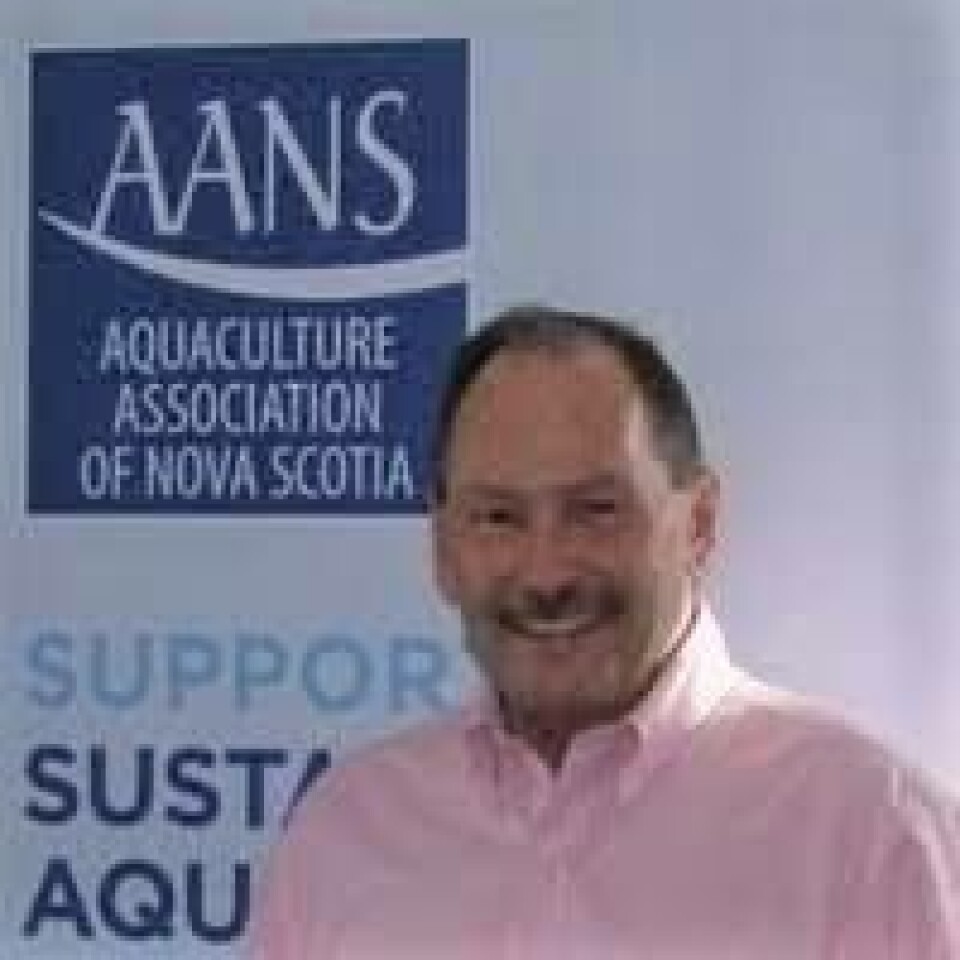
Nova Scotia residents urged to heed science, not scare stories
Residents and elected officials in Nova Scotia have been urged to stand up to anti-salmon farming sentiments “based on the politics of fear rather than the realities of science”.
Susan Farquharson, executive director of the Atlantic Canada Fish Farmers Association, made the call in an article for The Chronicle Herald, the largest newspaper in the Canadian province.
Farquharson said the 22nd Nova Scotia Department of Fisheries and Aquaculture Minister’s Conference, which finishes today, would reignite the debate over salmon farming, “complete with the usual dump of misinformation by several small but vocal anti-fish farming activist groups”.
‘World-class experts’
She added: “From highly skilled engineers, veterinarians and researchers to marine biologists, scientists and farmers, the men and women who work in the salmon farming industry in our region are world-class experts in their fields.
“Atlantic Canada has among the highest concentration of credentialed and experienced aquaculture researchers in the world.”
In the comment article, Farquharson said the sector generates more than 4,000 jobs and contributes more than £1 billion to Canada’s gross domestic product.
‘Ingrained agendas’
“Nova Scotia’s anti-salmon farming activists — and the people they are bringing here from out of province to talk to our elected officials and residents — have ingrained agendas to promote political fear-mongering based on misinformation,” said the ACFFA chief.
“Don’t fall for it. It’s time for Nova Scotians who support salmon farming (and opinion polls consistently show that over 80% of Atlantic Canadians do!) to stand up to the misinformation on social media, to attend public meetings and show their support for this industry, and to tell elected officials that they want this sector to continue to operate and develop sustainably in this province.
“To Nova Scotia’s elected officials: don’t be swayed by ill-informed opinions thrown up on social media or non-peer-reviewed “studies” by people who have never worked in the salmon farming industry.
“You have a responsibility to do what is right on behalf of all the people and to do so based on the best available science, not emotions.”

‘Gold standard’
Farquharson’s rallying cry follows a statementat the beginning of February from the Aquaculture Association of Nova Scotia which was intended to reassure the public about a proposed expansion of salmon farming in the province, and which also stressed the importance of using scientific evidence.
“Nova Scotia is the gold standard for aquaculture with regulations that have been updated recently to become the most stringent in the world,” said Tom Smith, the Association’s executive director.
“We encourage Nova Scotians and local municipalities to let science guide the management and development of the industry. The Nova Scotia Department of Fisheries and Aquaculture and other federal and provincial agencies perform rigorous science based technical reviews and analysis on all aquaculture projects.”
Fears for sea life
Cooke Aquaculture grows salmon in Nova Scotia and Cermaq Canada, which farms in British Columbia, recently announced that it is looking to expand business into the province.
The company has been holding public information sessions in the communities in which it wants to expand, where many residents fear that fish farms will pollute local waters while eliminating local fisheries jobs. Residents fear that net pens will pollute the local waters killing lobsters, mussels, sea urchins and other life.
“Without the facts we can’t have an honest conversation,” said Smith.
“Recent information circulating about the aquaculture industry is inaccurate and fails to recognise it for the safe, sustainable, growth-oriented industry that it is.”























































